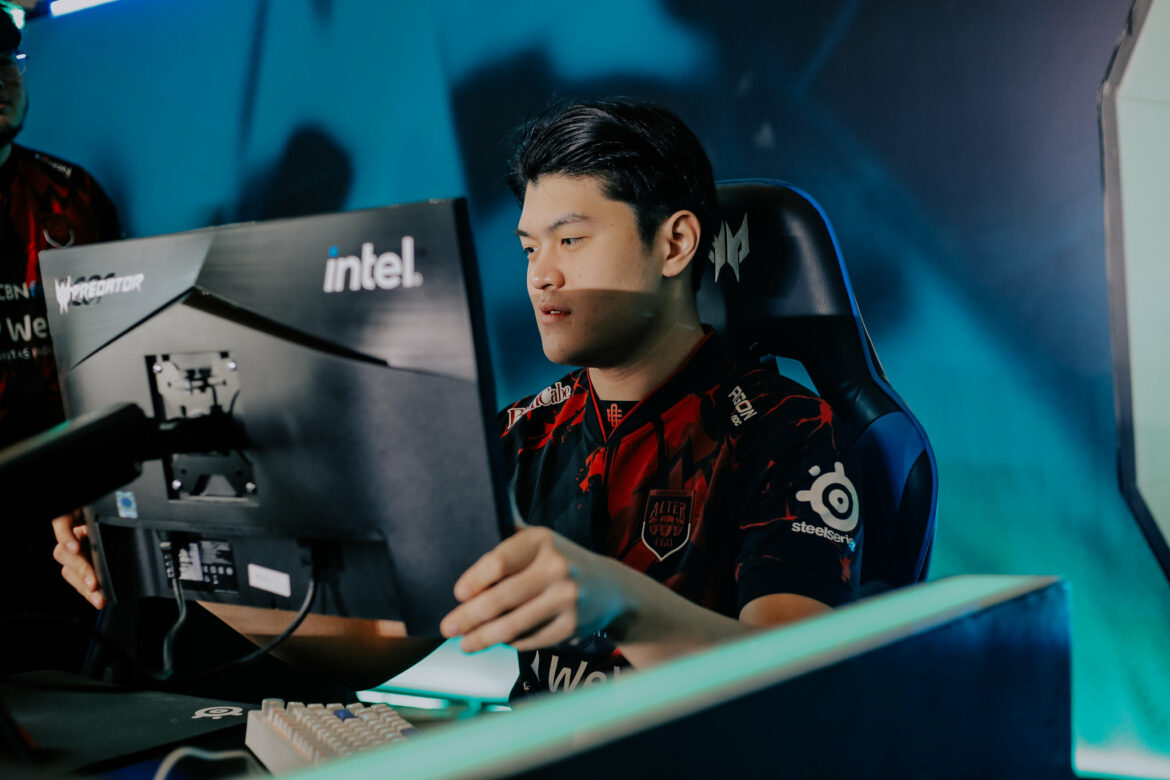We had the opportunity to sit down with one of Indonesia’s rising VALORANT stars, Thomas “Cud” Alfiantino, to discuss his journey from the start of his career to his current team Alter Ego.
INDONESIA — When it comes to Southeast Asia, many names are mentioned when discussing talented players overlooked by tier-one teams in the Pacific region. One name that frequently comes up—especially from Indonesia—is Thomas “Cud” Alfiantino.
While Cud may not be a household name beyond Southeast Asia, he has been on the radar for quite a while. His journey into professional esports began in 2018 when, at just 12 years old, he signed his first professional contract with PondokGaming BarracX, a Jakarta-based internet café team that was forming a Counter-Strike: Global Offensive roster. At the time, Cud was even younger than Jason “f0rsakeN” Susanto when the latter first signed his own esports contract.
By 2018, Cud helped his team become Indonesia’s top four in the regional eXTREMESLAND and WESG qualifiers, and his career continued to rise. However, as the APAC CS:GO scene started to decline and VALORANT emerged as the next big FPS title, he, like many others in the scene, naturally transitioned to Riot’s new game.
“I got into VALORANT Esports by joining a ranked team with some friends during the early launch of VALORANT. After that, I teamed up with famouz, fidelwow, xo, and fatpenguin to have some fun and compete in community tournaments. Over time, we caught the attention of MORPH and got picked up.”
ALSO READ: MYM on MiTH, tier-two SEA, staying relevant at the highest level, and more
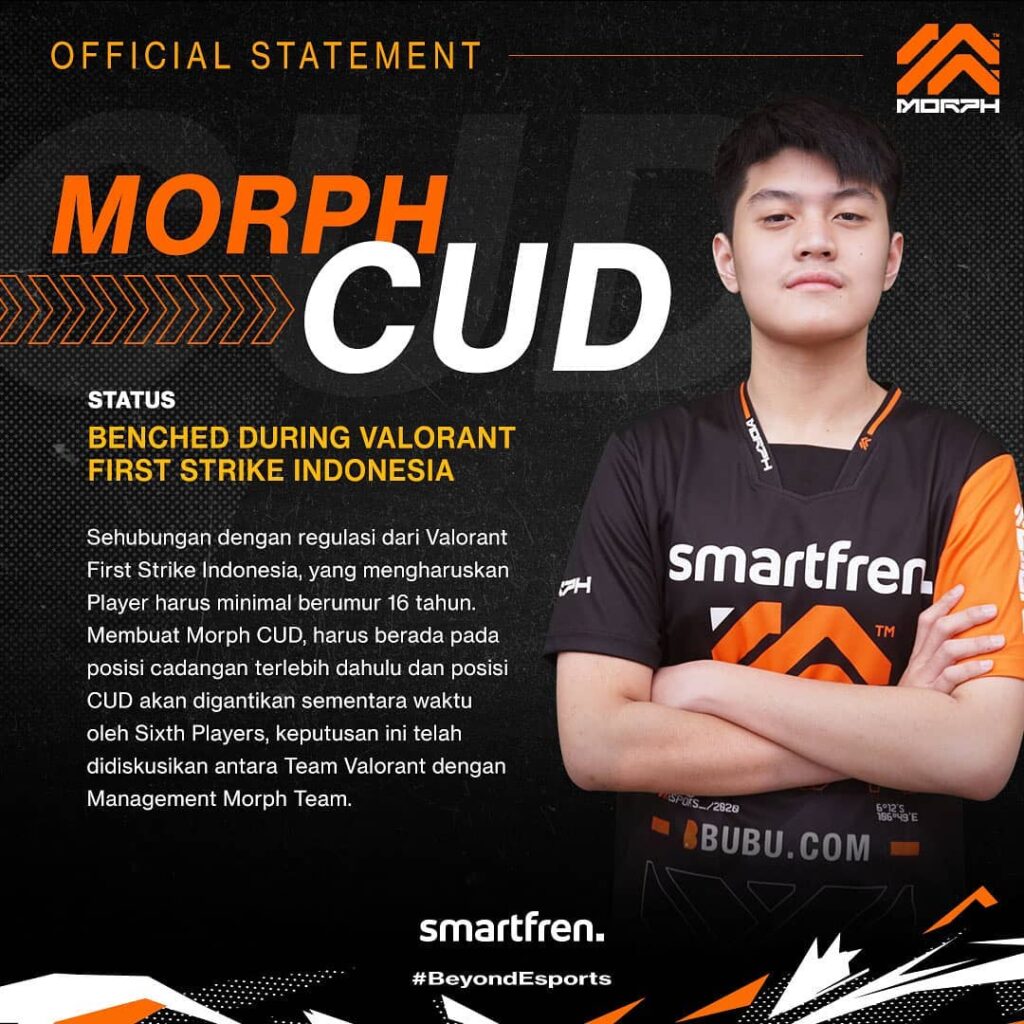
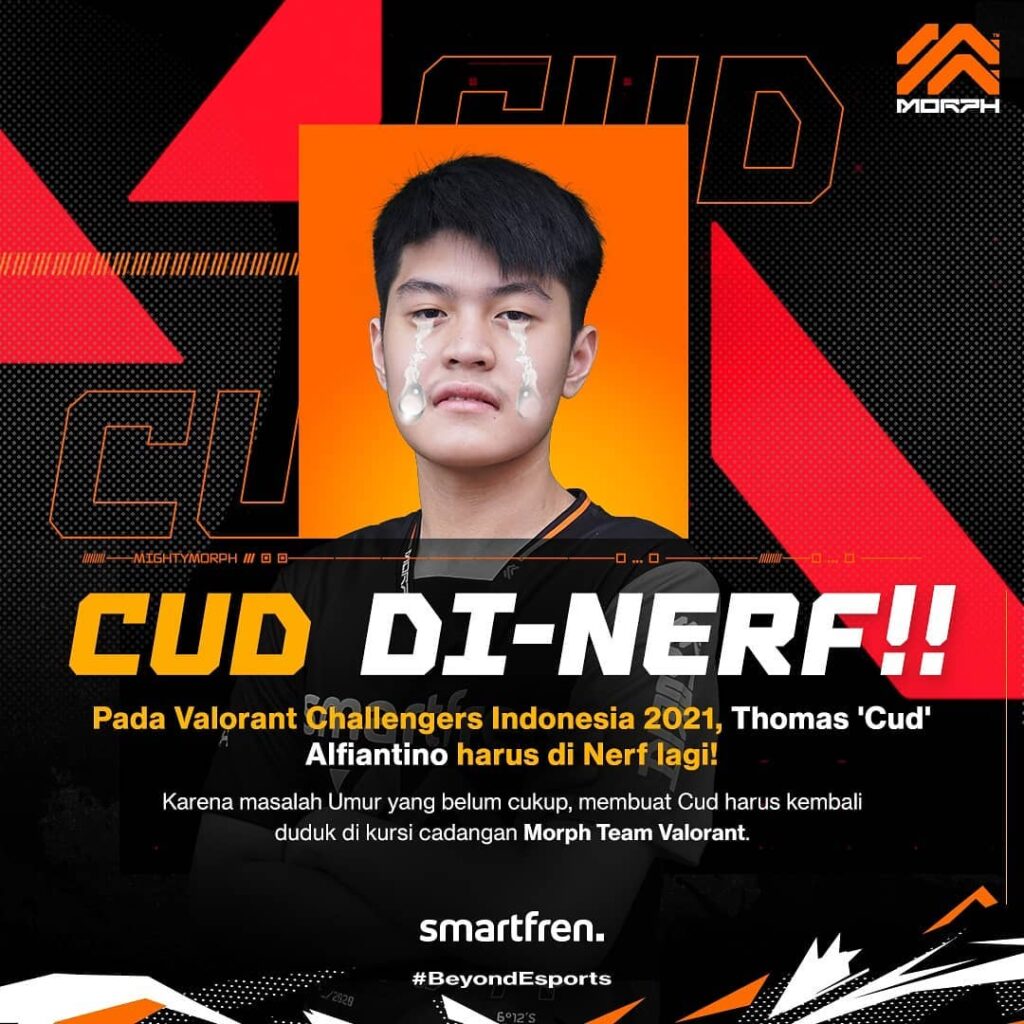
Despite putting up huge numbers and his impressive talent at such a young age, Cud was unable to participate in certain tournaments, especially those sanctioned by Riot, due to age restrictions. The VALORANT Challengers rulebook requires players to be at least 16 to compete. Nevertheless, that didn’t stop MORPH from signing him while waiting for him to reach the legal age for Challengers. Unfortunately, this didn’t come to fruition, as the organization disbanded their roster in early 2021.
Bigetron Esports did the same for Cud, keeping him on the bench and letting him play only non-VCT events while waiting for him to hit the age requirement. It wasn’t until 2022, when he turned 16, that he finally got his spot on Bigetron Astro’s starting roster. ”After about a year of winning community tournaments, our roster was signed by Bigetron Esports to compete in VALORANT Challengers Indonesia.”
In the early stages of his VALORANT career, when the future of VALORANT Esports was still a bit of a mystery and the industry hadn’t yet fully come into its own, Cud consistently prioritized his education.
“Back when I was with MORPH, I was still in school, so I had to manage my time properly,” Cud explained. “Luckily, since it was during the COVID pandemic, school was online, so right after classes, I could jump straight into practice. The team understood that I had to focus on school, but at the same time, as a player, I had to take responsibility by grinding and scrimming with the team to win matches.”
As Cud’s reputation in Indonesia grew, so did the pressure to make tough decisions. “Right now, with Alter Ego, I have the opportunity to continue my studies, but I decided to take a break to focus more on esports and chase my dream of playing in the VCT partnered league.” Cud had always been a star player coming up in Indonesian teams, but reaching the top has required him to make sacrifices, including playing in new or sometimes uncomfortable positions, roles, and with different agents, as he mentioned.
As time went by, his main role in VALORANT has also changed. “The role swap from duelist to sentinel happened when I first joined BOOM Esports as a sixth man, rotating in and out with BerserX because at the time BerserX was playing sentinel for the team. I feel more comfortable playing sentinel now because I think it suits me better. Playing as a duelist also comes with more pressure in tournaments.”
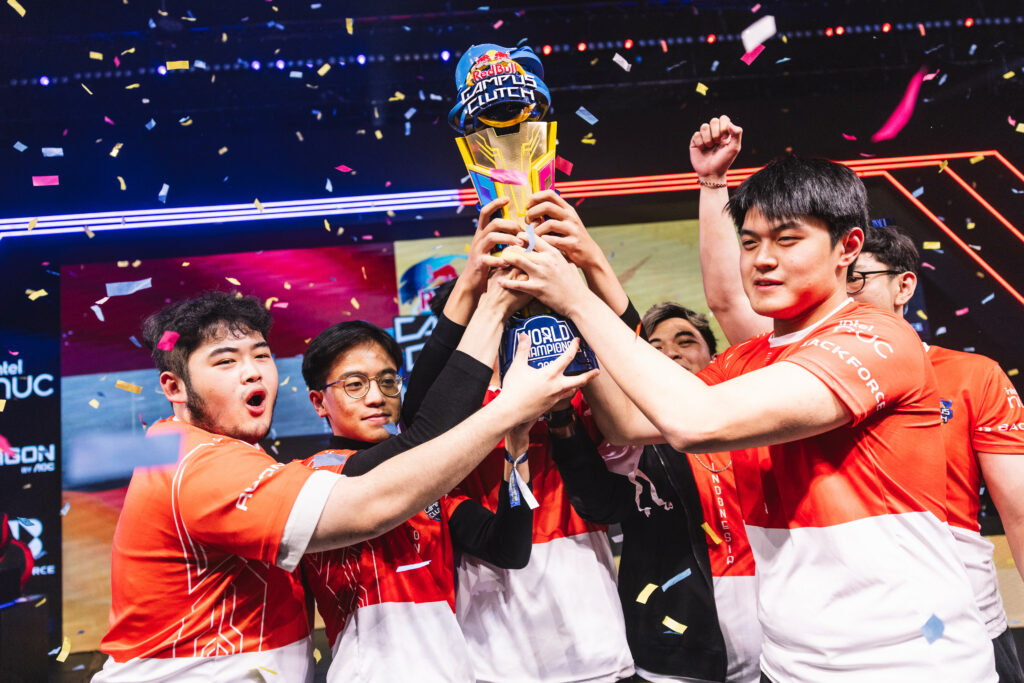
(Photo courtesy of Nuri Yılmazer / Red Bull Content Pool)
One of Cud’s key moments on the international stage came toward the end of the 2023 season, when he and his team, who would later join Alter Ego, competed and won VALORANT’s largest collegiate event, the Red Bull Campus Clutch 2023. During the competition, Cud also stood out as the second highest-rated player on the GARUDA team—just behind Bryan “Kushy” Setiwan, now with RRQ in the VCT Pacific League.
“Our journey through the Indonesia qualifiers went smoothly, but we were struggling on the first day of the main tournament. Thankfully, we managed to pull it together and ended up sweeping the competition, taking first place. As for preparations, to be honest, we didn’t have any because we were really confident that we could win the Redbull Campus Clutch tournament.”
His journey to this point wasn’t as smooth as it might seem. There were plenty of bumps along the way. When Cud was with Bigetron Astro, the team faced a string of early losses. Then came his time with BOOM Esports, where his role became less and less defined, even as they qualified for VCT Ascension Bangkok.
“My family was totally against esports at first because they didn’t want me to waste time on gaming. However, as esports grew and became more recognized, they started to see that it could actually be a career and a way to bring pride to the country. They’ve been super supportive all this time, usually through WhatsApp, or they always take me to the airport whenever I have a tournament abroad.”
Fast forward to today, Cud is now part of Alter Ego, a team that’s widely considered one of the best in Southeast Asia and undoubtedly the top Indonesian squad in tier-two. With BOOM Esports’ promotion to the VCT Pacific League, Alter Ego have inherited the crown of Indonesian esports supremacy. But the pressure is on—can they maintain their dominance, or will other ambitious teams with similar goals rise up to challenge their position at the top?
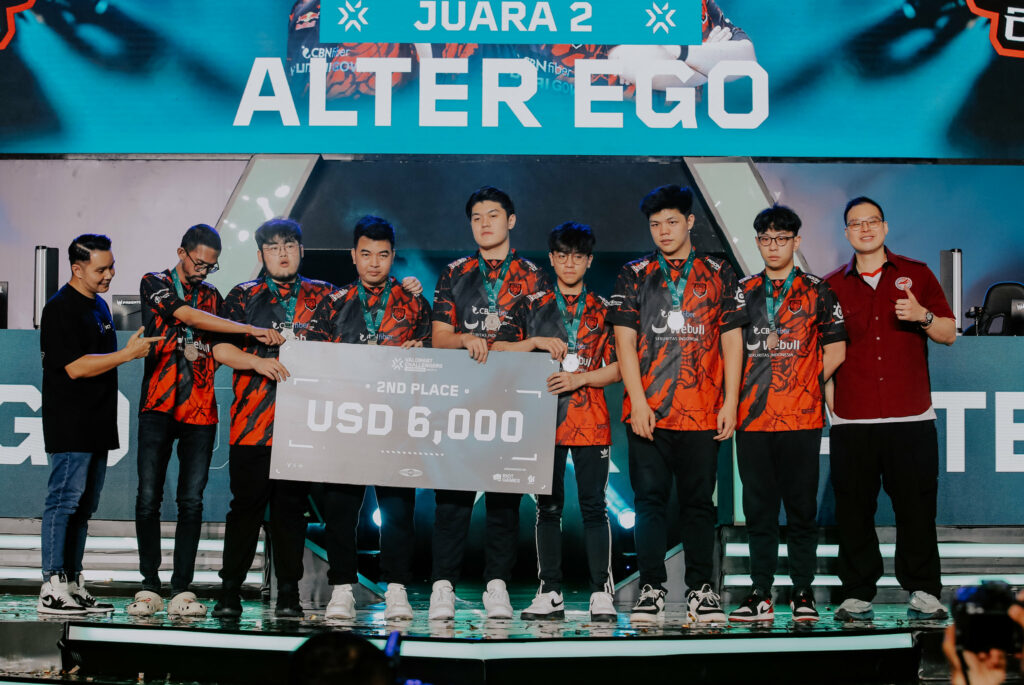
(Photo courtesy of VALORANT Esports Indonesia)
The pressure on Alter Ego grew even more after the team recently parted ways with longtime members Rayvaldo “ray4c” Chandra, Rivaldy “ValdyN” Nafian, and coach Baskoro “roseau” Putra. It wasn’t long after that the team had their breakthrough moment, clinching their win at the 2025 APAC Predator League where Cud claimed the MVP award.
“ray4c, ValdyN, and roseau left because their contracts expired, and with the roster lock approaching, they hadn’t made a decision yet whether to continue with AE or leave. So, we had to find new players quickly. Despite that, we managed to win one of the biggest APAC OFF//SEASON tournament before Challengers started.”
He continued, “Before the tournament, I told them, ‘Guys, this is the last tournament with this roster, so we need to go all out.’ And eventually, we won first place and brought home the Predator trophy for Alter Ego, as well as for Indonesia.”
With the addition of Willy “sayoo” Ivandra and Adrian “adrnking” Setiawan to the new Alter Ego roster, Cud is feeling optimistic about the team’s future. “The current AE roster plays in a more structured way, whereas the old roster was more aggressive and played at a much faster tempo, similar to teams like Paper Rex.”

Not only from the inside, but external challenges also come, making them have more work to be done to reach their goals than what was initially expected. The transition from Challengers Indonesia to the broader Southeast Asia scene has brought both opportunities and challenges. Along with that, the exclusive streaming rights shifting to the new SOOP platform that’s unfamiliar to the Southeast Asian audience has added a layer of uncertainty to organizations and players.
“From a competitive standpoint, I think Challengers SEA is definitely tougher than Challengers Indonesia. However, in terms of the scene, I feel like it’s been declining a bit because I can see the viewership dropping. Same as the others, I’m not entirely on the same page with this decision, because when the viewership is low, sponsors tend to decrease, which directly impacts the scene.”
Cud remains hopeful about this transition period. “Yeah, I have [also talked to the other players about it], and their views are pretty much the same. But we always respect Riot’s decisions because they know best when it comes to how the VALORANT scene should be handled.
My hope for the tier-two scene to grow again in SEA or Indonesia is by improving the quality of players in both regions. With better players, new viewers will be drawn in, and I believe that’s one of the key factors in growing the tier-two scene in SEA and Indonesia.”
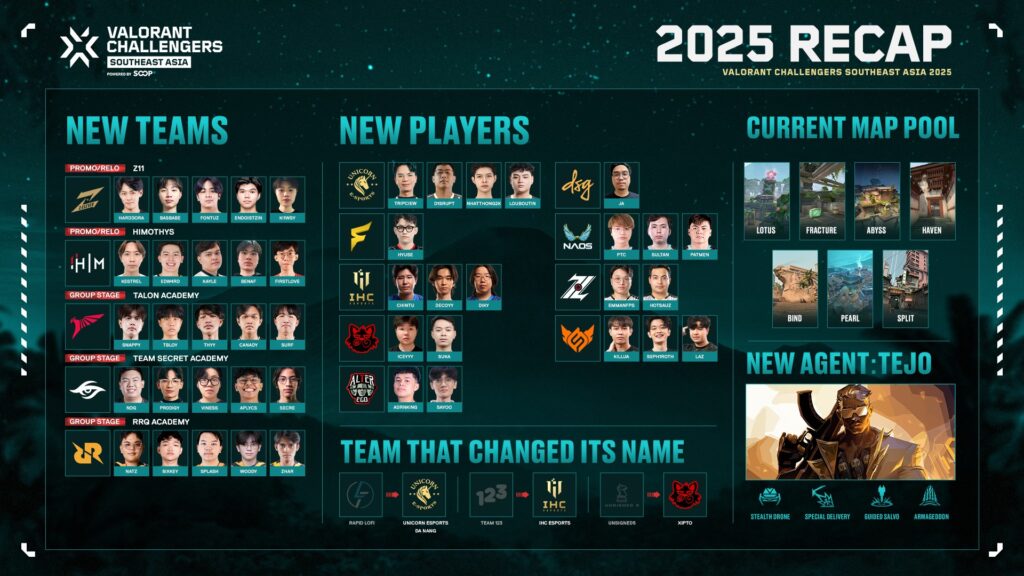
In the recent VCT Pacific Kickoff, nine players from Indonesia took the stage, a number that’s growing with the rise of BOOM Esports to Seoul. However, despite this progress, the regeneration of fresh talent has yet to hit its stride. Most of the players on these teams are veterans, the “old guard” who have been around for years. The exception, though, is Bryan “Kushy” Setiwan, the only new face to join a team in the VCT Pacific League this year. There’s also Delbert “deLb” Tanoto, who signed with All Gamers in VCT CN last year.
While it’s promising to see more Indonesian talent in the spotlight, there’s still a gap in new blood emerging at the highest levels.
“If we look at the potential of young Tier 2 Indonesian players to compete against VCT teams, I’d rate them 7/10. They’re not fully there yet because they still lack some communication and game sense, even though their aim is really strong. I think we just need to work on improving comms through training and helping the young players get used to it, so they can really level up.”
When asked about which player outside of himself or Alter Ego people should keep an eye on in the tier-two Indonesian scene, Cud immediately points to Moses “Splash” Jonathan. After spending the past few seasons in the MY/SG region, Splash has now returned to Indonesia and is playing with RRQ Academy.
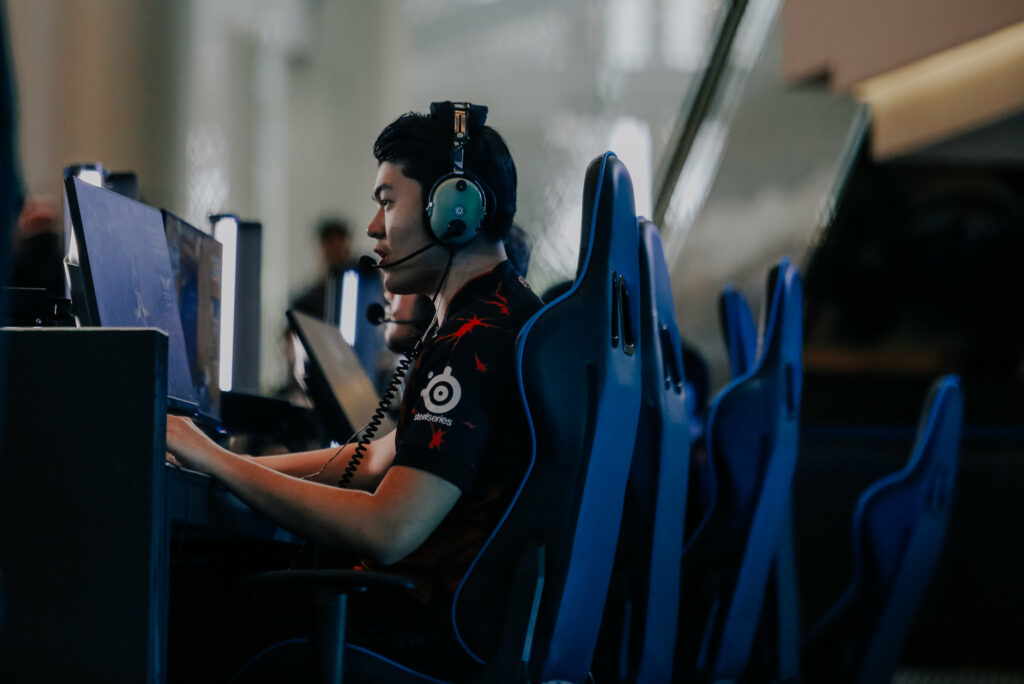
“Splash, in my opinion, is a very talented player who I’d call the next-gen superstar of Indonesia. From what I’ve seen in his tournament VODs, he plays really well and has the ability to carry his team.”
To close out the interview, we asked Cud for some advice on how aspiring pros can improve as players:
“My tip is to stay motivated and keep grinding if you want to get better and eventually become a pro player. Age is everything in esports, so while you’re still young, keep pushing and grinding. When you’re young, your hunger for winning is high. As for time management, just balance school and gaming—set aside time for homework or studying, and once that’s done, you can grind as much as you want!”
For more insights on the Asian VALORANT scene and upcoming content like this, be sure to like and follow VALO2ASIA on Facebook, Twitter & Instagram.

